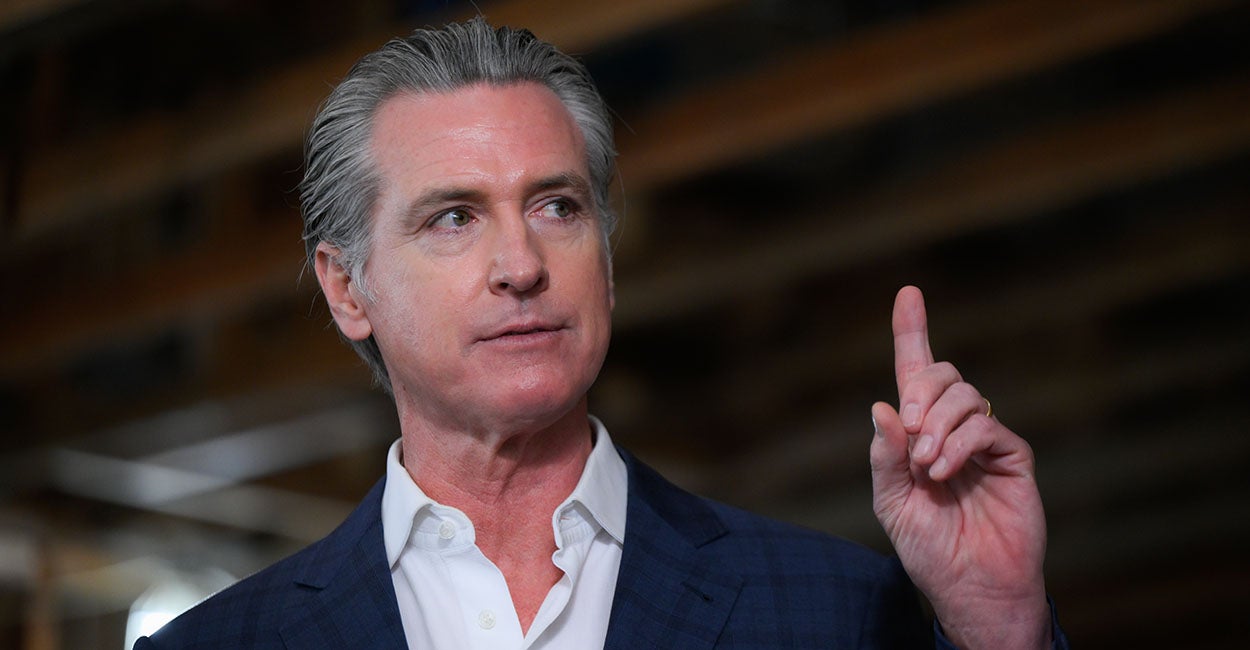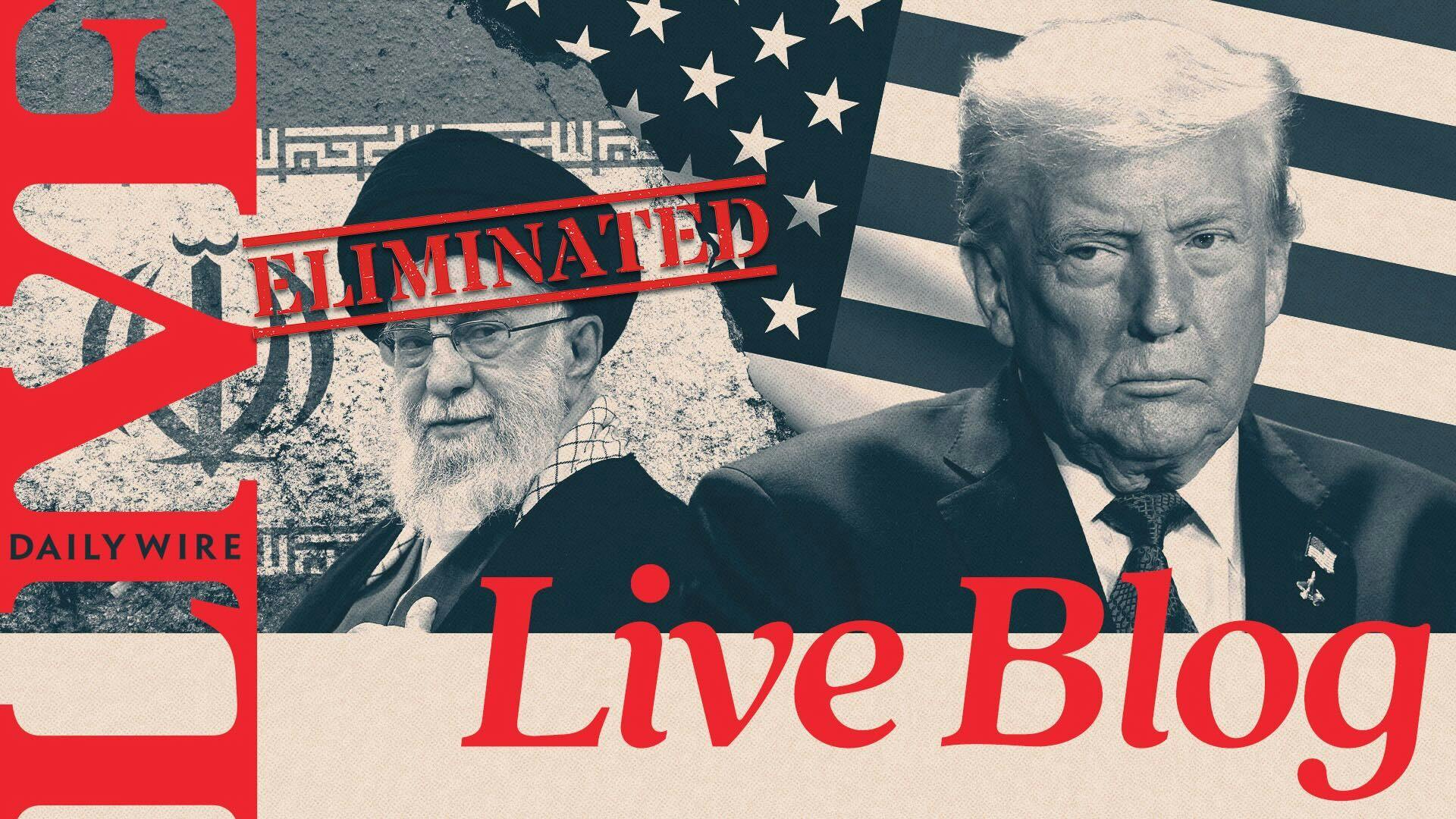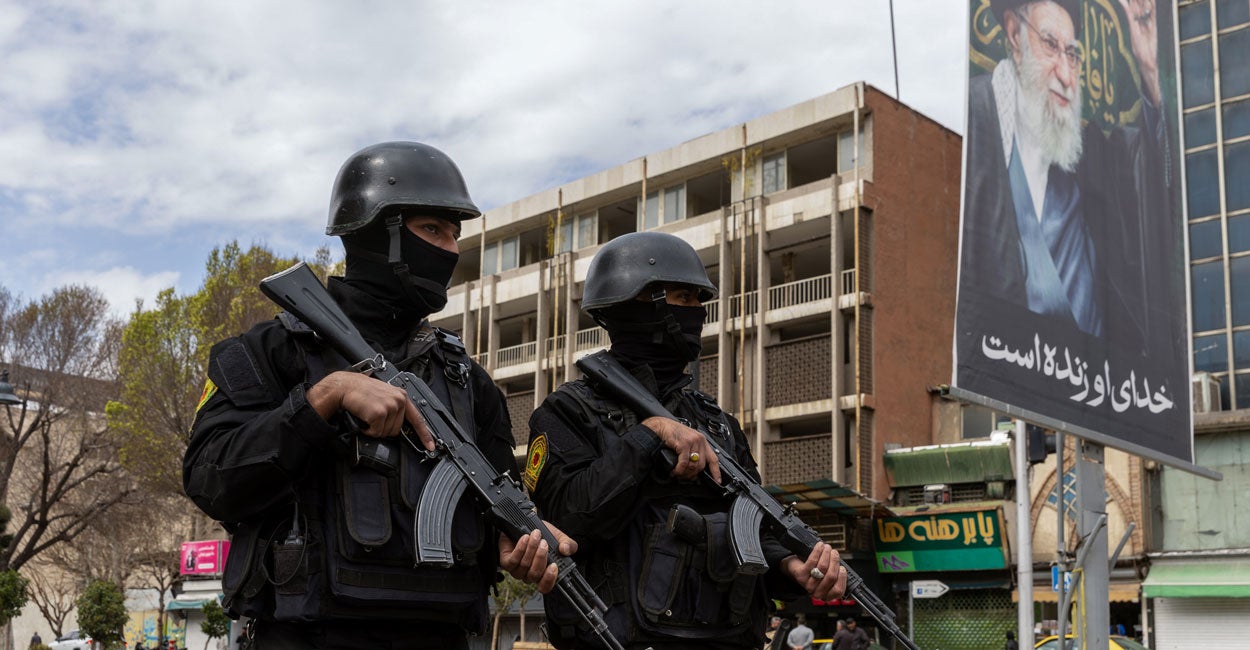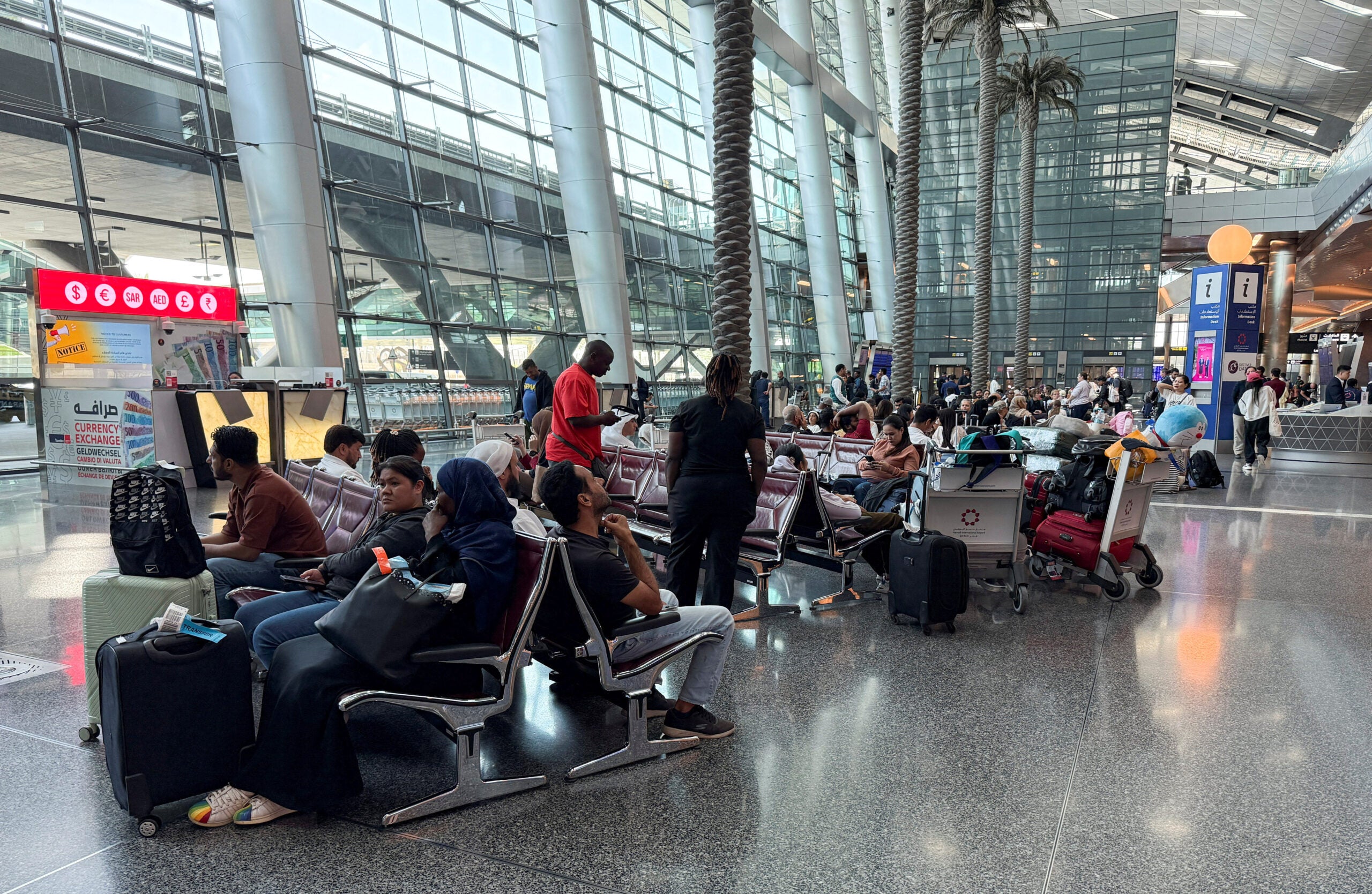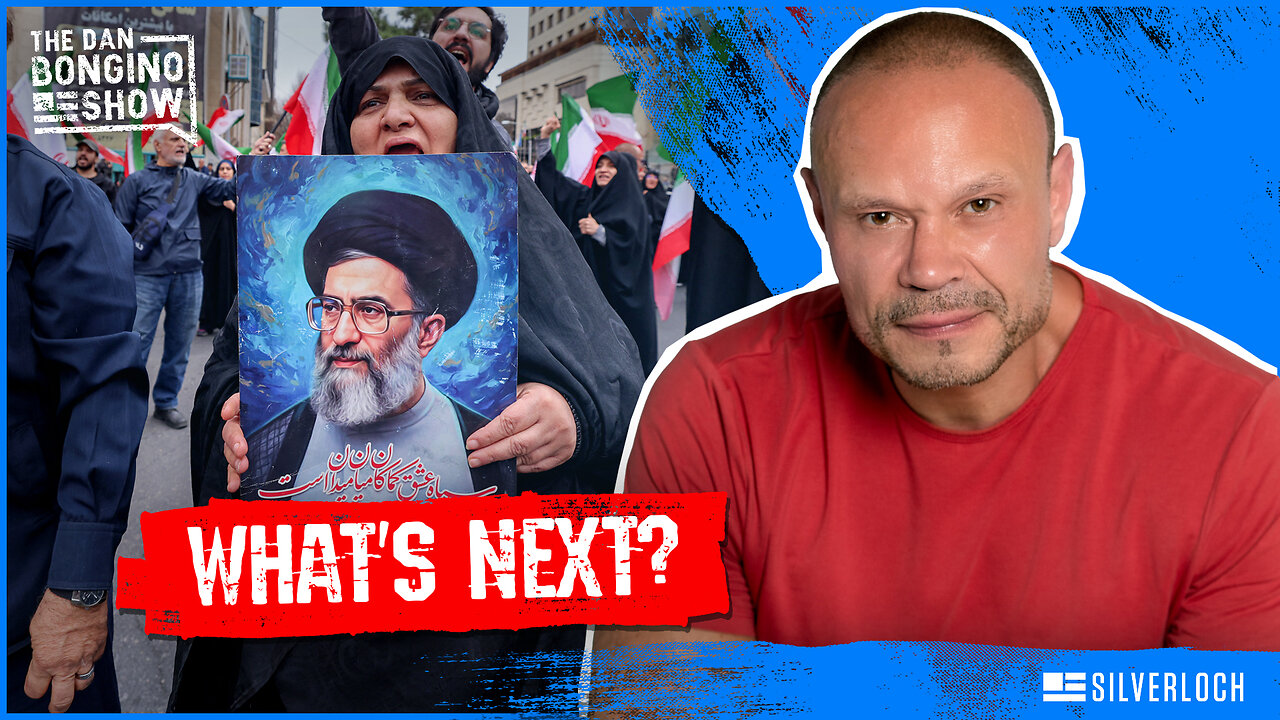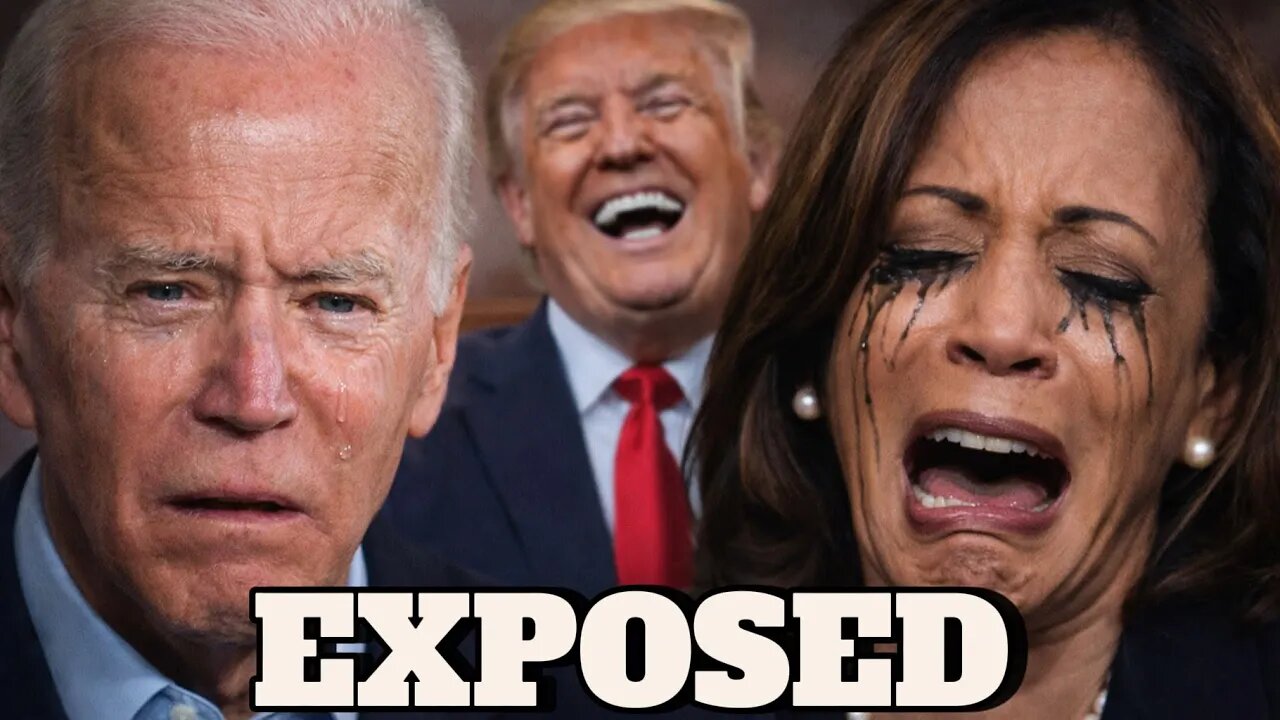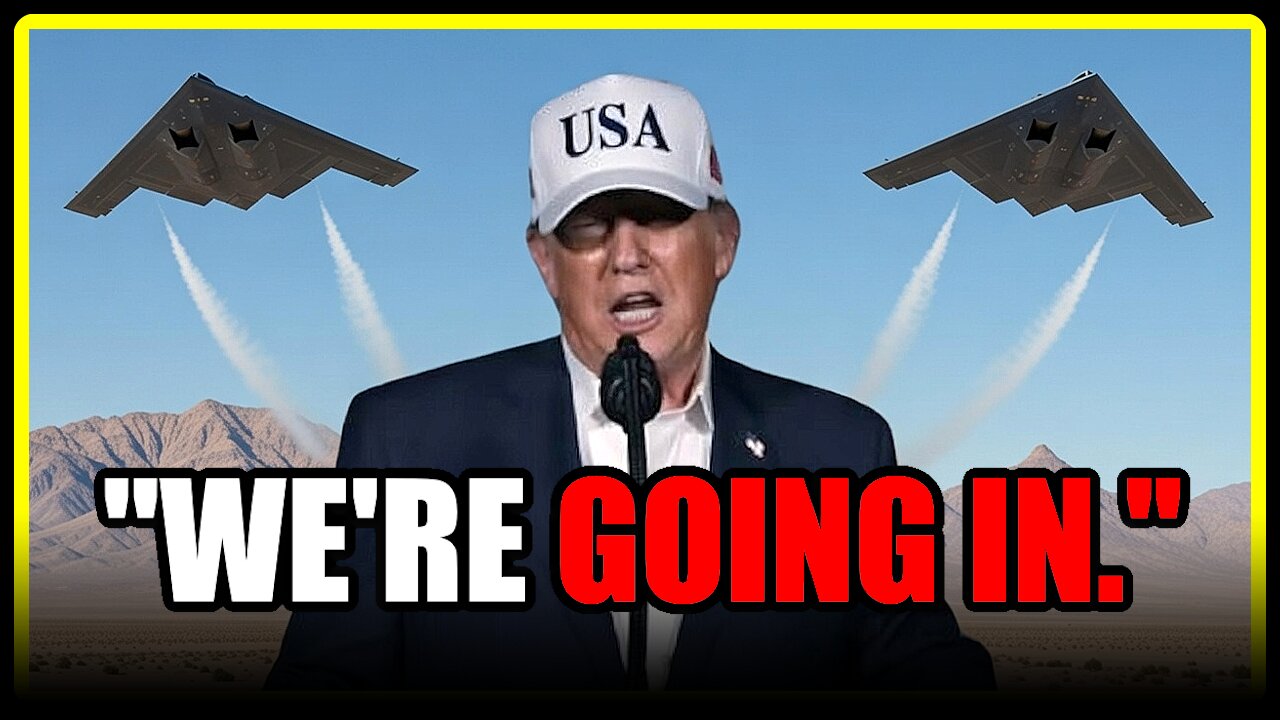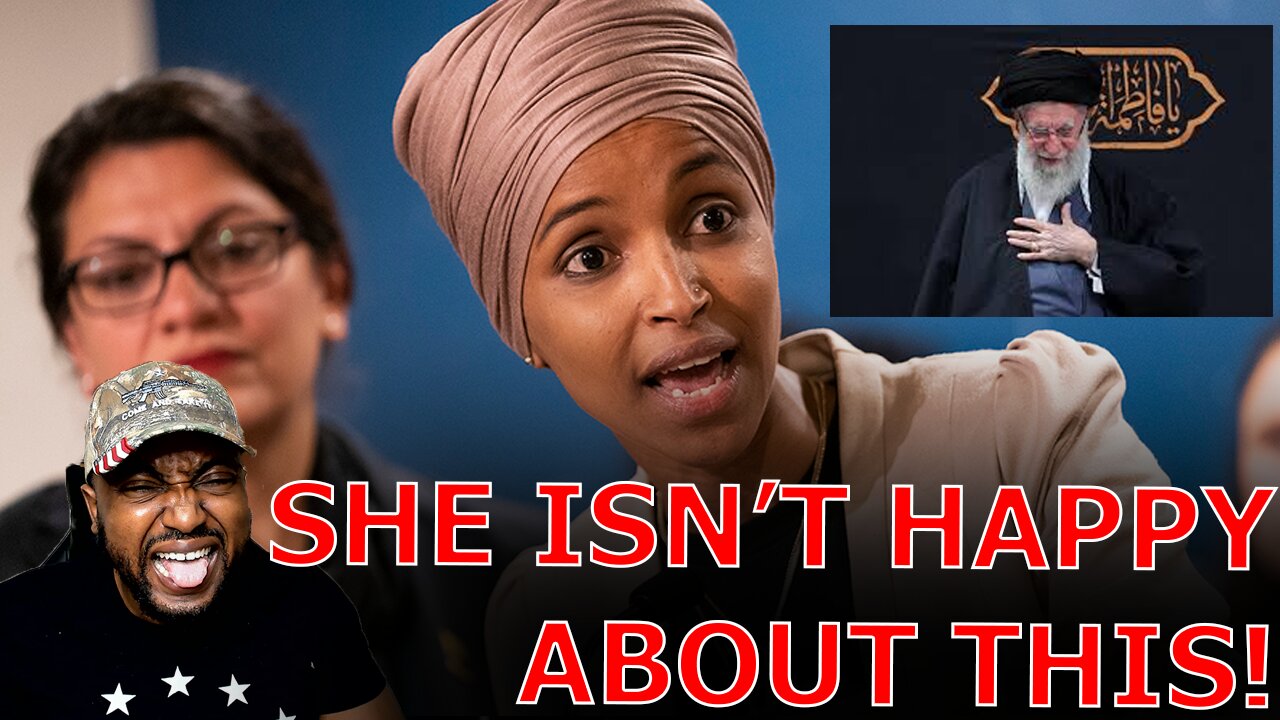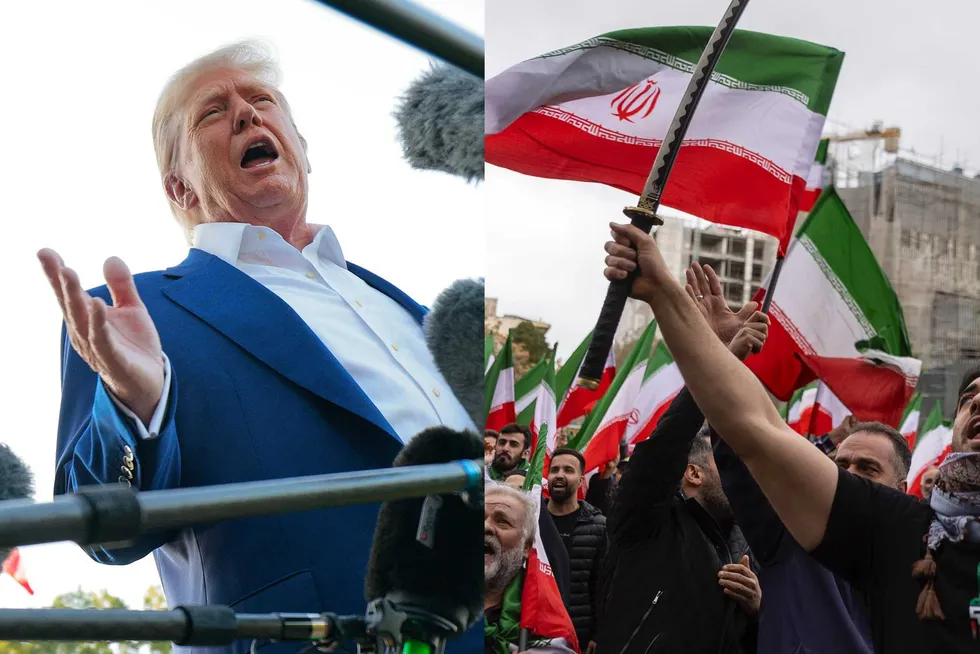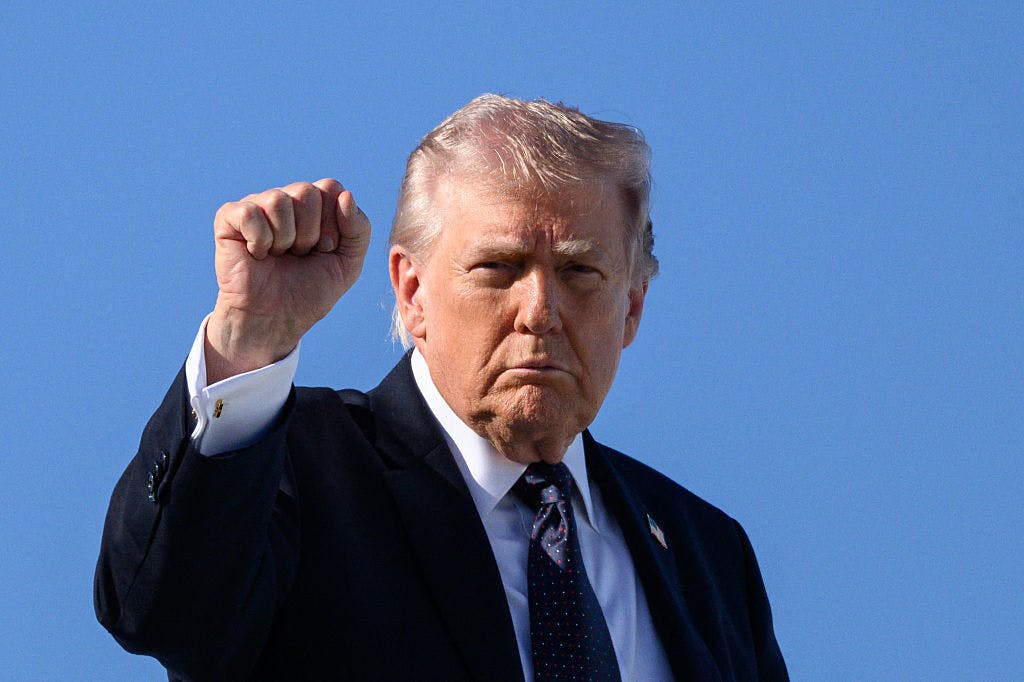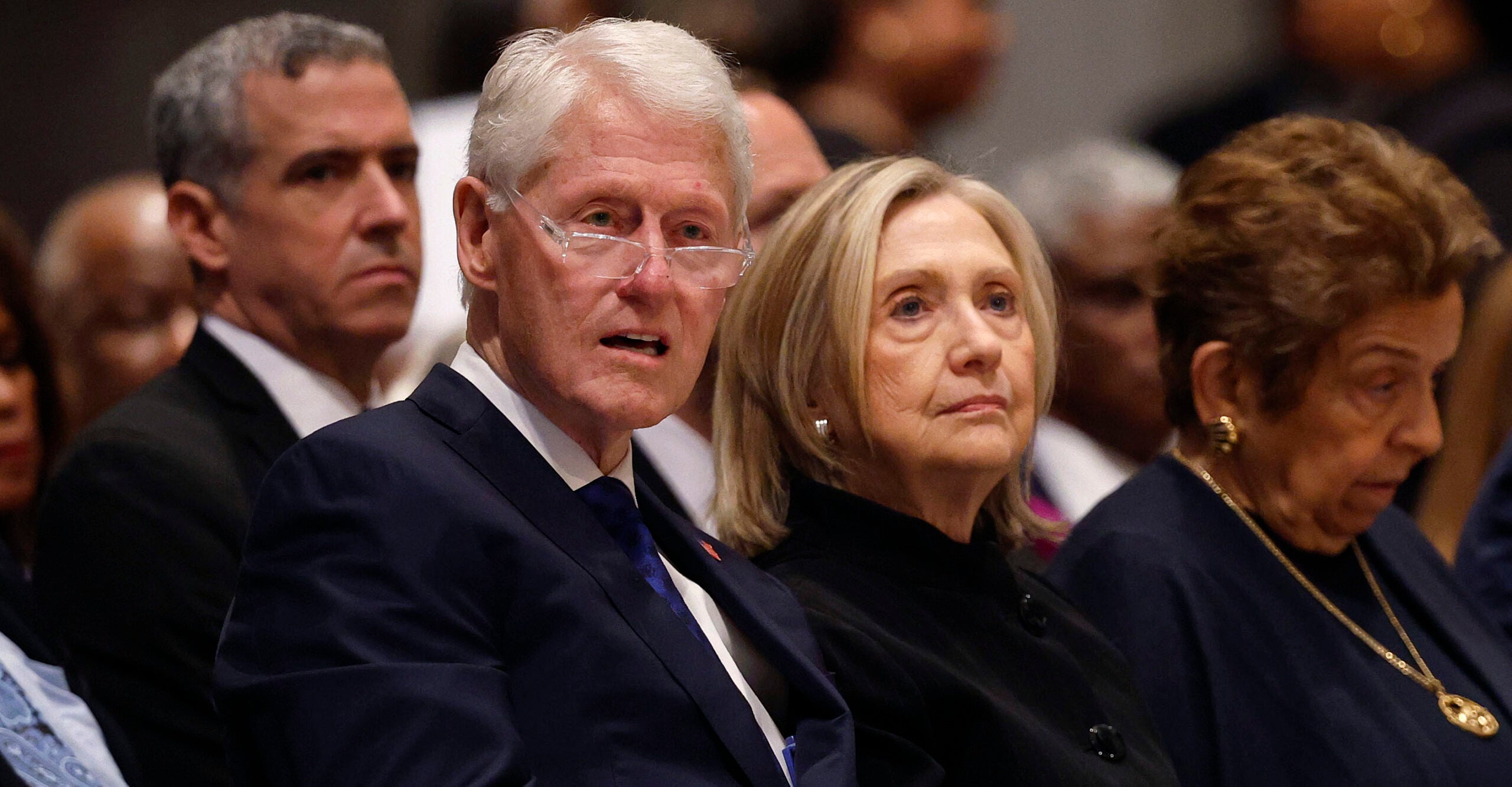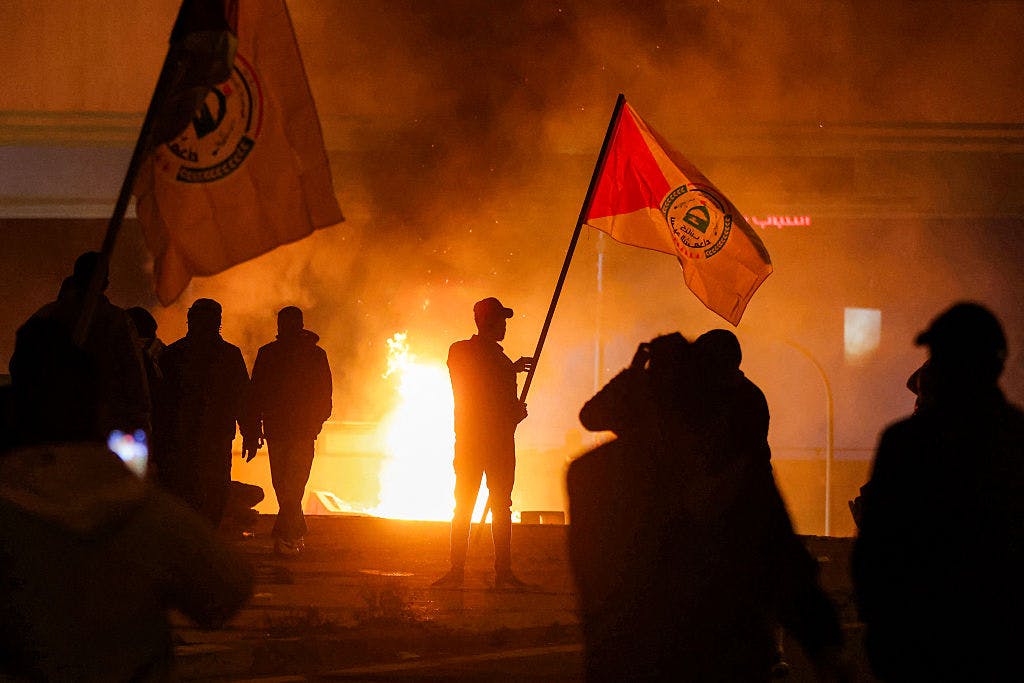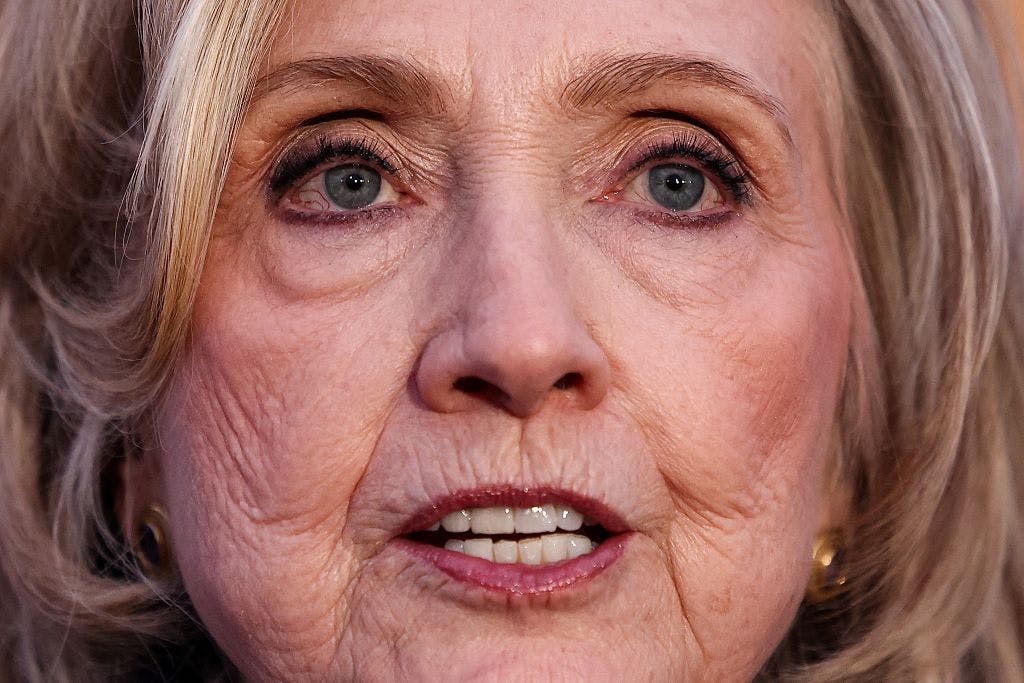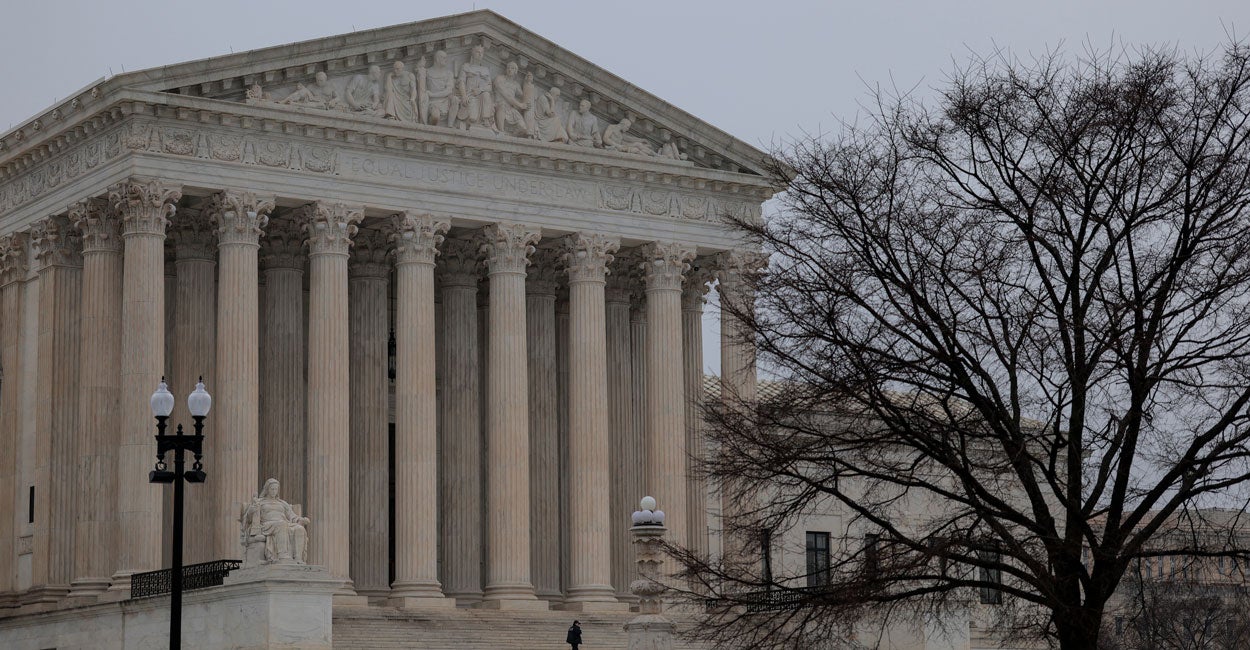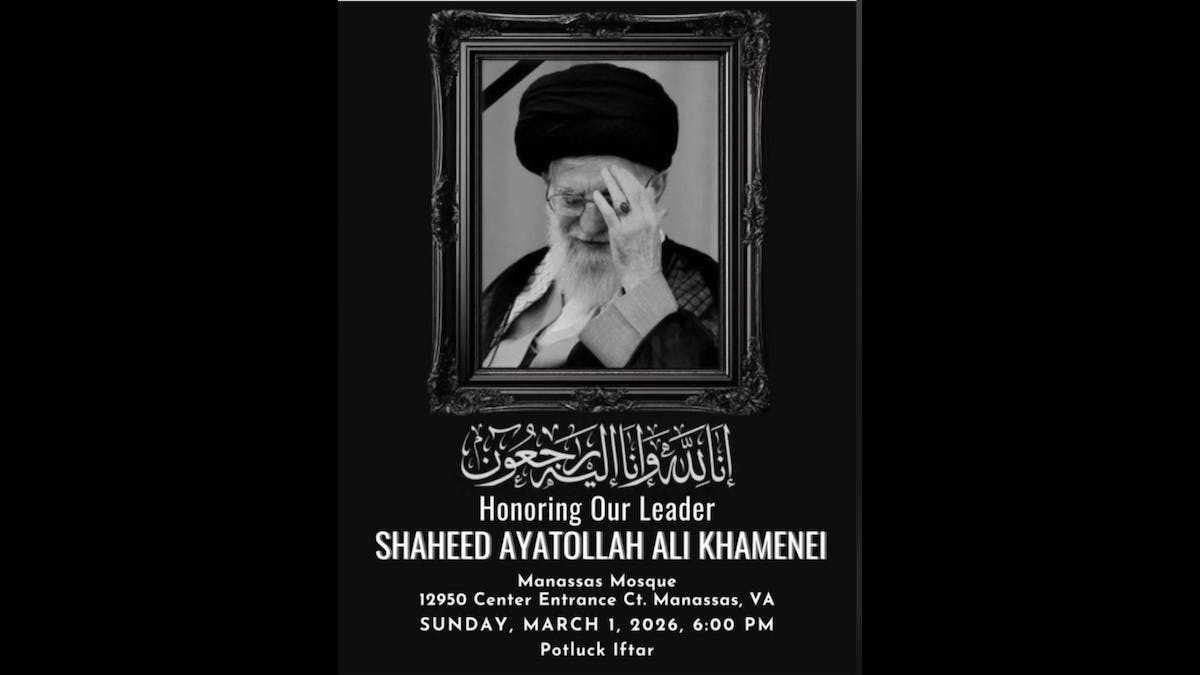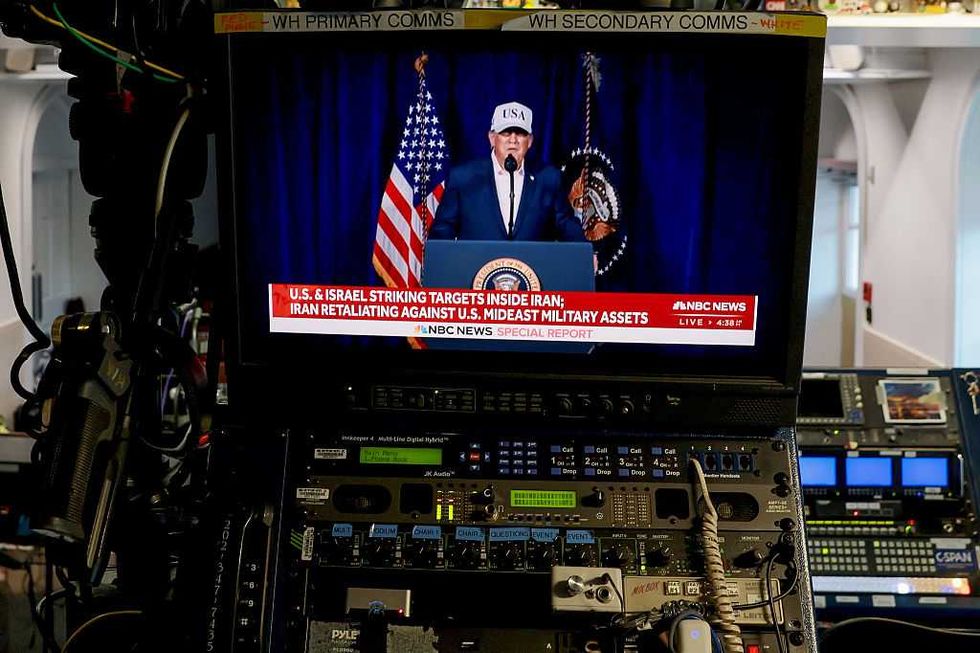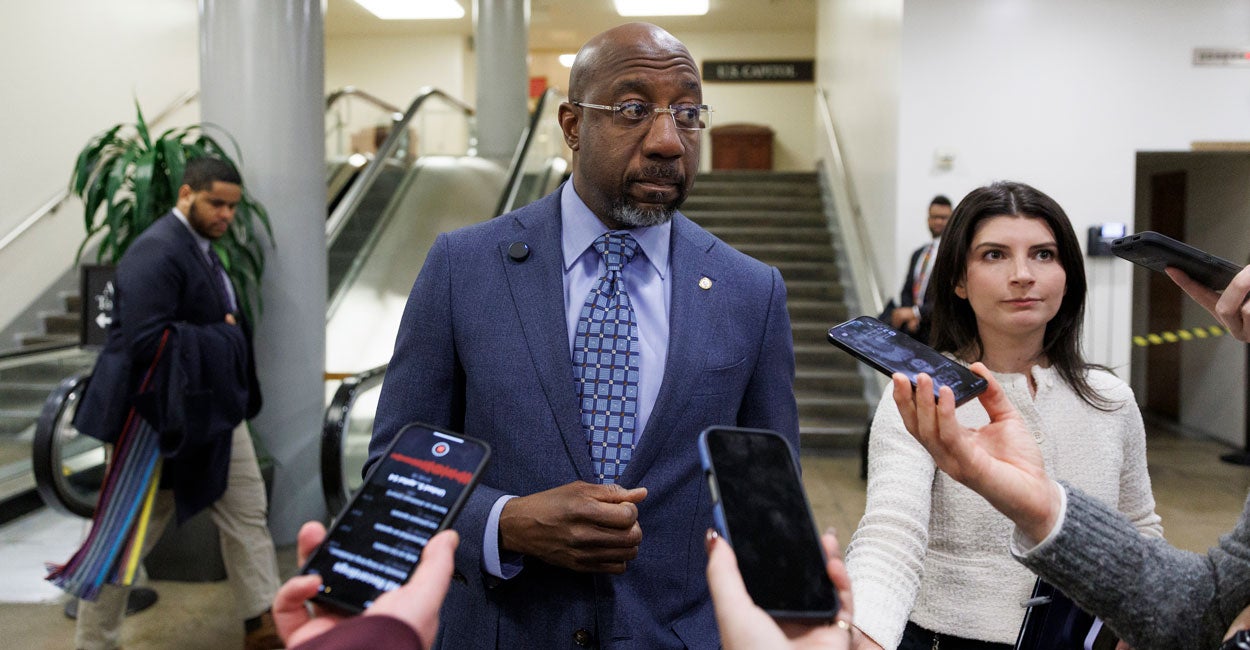Xi, Putin, and Modi join forces to reject West’s fading world order
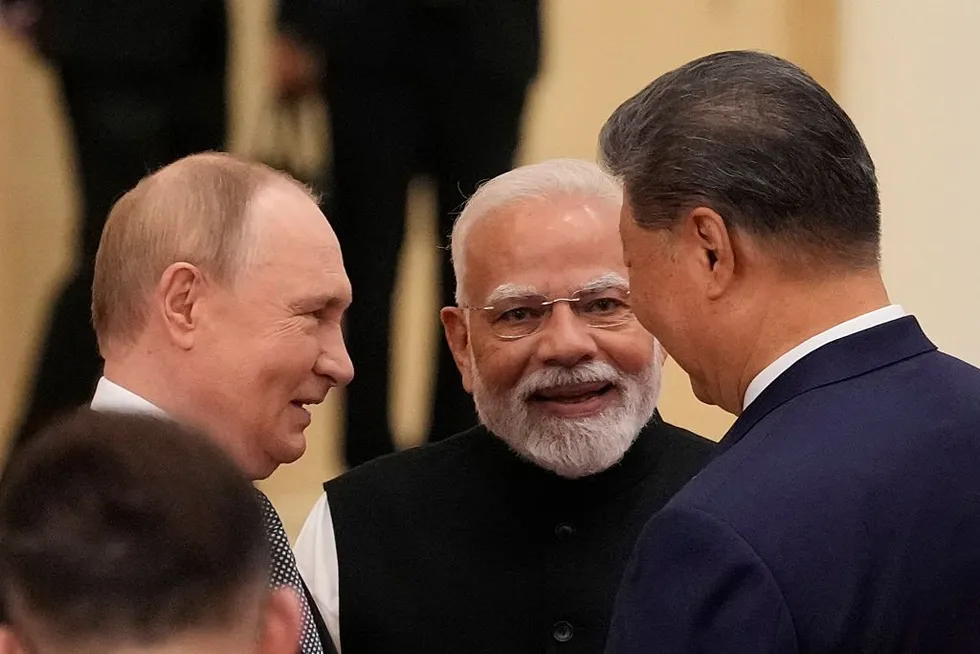
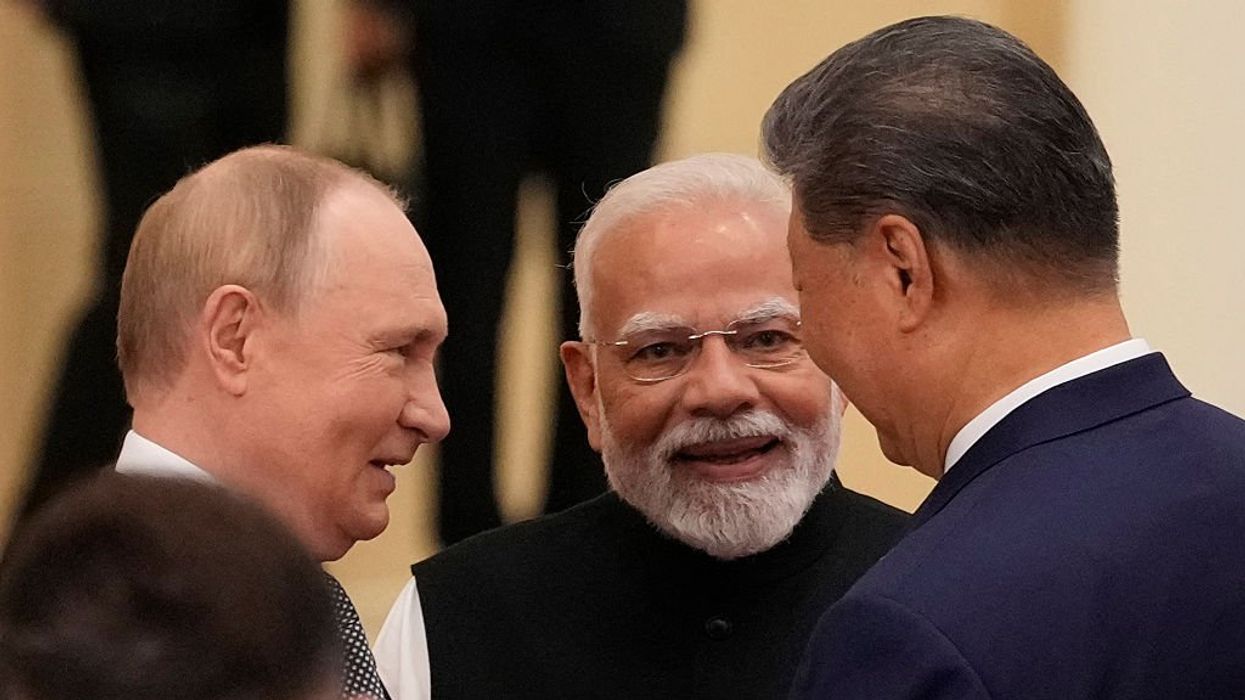
What do a Hindu nationalist prime minister, a former KGB autocrat, and communist China’s imperial strongman have in common?
Live Your Best Retirement
Fun • Funds • Fitness • Freedom
Apparently, enough to walk arm in arm at the recent Shanghai Cooperation Organization summit in China — smiling for the cameras, toasting regional “cooperation,” and calling for a new global order that doesn’t revolve around Washington, Brussels, or the International Monetary Fund.
Each of these leaders — Xi, Putin, Modi — believes his country has been talked down to by a West that still sees itself as the default setting of human civilization.
Watching Indian Prime Minister Narendra Modi, Russian President Vladimir Putin, and Chinese President Xi Jinping embrace in Tianjin earlier this month may strike Western observers as a diplomatic absurdity — a Lovecraftian alliance of contradictions. But it’s only absurd if you’re still trapped in the fog of 1990s end-of-history delusions.
In reality, what we’re seeing is a convergence of deeply rooted civilizations — ancient empires with long memories — asserting that they won’t be subordinated to a West that still believes it owns the future.
To understand this moment, you need to understand history — not just the last 80 years, but the last 800.
Reclaiming ancient identities
China was the “middle kingdom” long before it became the world’s factory. It ruled as a centralized, Confucian empire for millennia — containing its own tributary states, cultures, and contradictions. The current Chinese Communist Party regime doesn’t just govern China; it is consciously rebuilding it as a totalitarian civilizational state aimed at restoring its former glory and avenging its “century of humiliation.” Xi Jinping’s “rejuvenation of the Chinese nation” is a project explicitly rooted in a return to imperial pre-eminence, not democratic inclusion.
Russia, for its part, never really stopped being an empire. Whether it flew the tsarist eagle, the Soviet hammer and sickle, or today’s revanchist flag of Russian Orthodoxy and gas pipelines, it has always been a civilizational project stretching across 11 time zones. Putin’s Russia isn’t looking to export an ideology — he trades in memory, borders, and ensuring it’s never again humiliated by NATO expansion or IMF diktats.
And India — too often misunderstood as just the world’s largest democracy — is in the midst of rediscovering its own cultural core. While India has never sustained a single continuous empire, Modi’s India is assertive, spiritual, and unapologetically Hindu in its civilizational narrative. While he plays nice on global stages, he is keen to shed India’s post-colonial skin and assert its role not as a subordinate in the West’s rules-based order, but as a peer.
Of course, these aren’t natural allies. India and China have come to blows in the Himalayas. Russia and China eye each other warily in Central Asia. Modi can’t forget the border clashes or China's tech intrusion. Putin sells weapons and hydrocarbons to both. But what unites them now is something the West continues to ignore: a shared rejection of subordination.
Each of these leaders — Xi, Putin, Modi — believes his country has been talked down to by a West that still sees itself as the default setting of human civilization.
A unified front against the West
The SCO summit wasn’t about solving their differences. It was about presenting a united front against a common narrative: the unyielding insistence by Washington and Brussels that there is one set of rules for everyone else and another for the liberal West.
And it’s not lost on anyone in the East that Western Europe has all but collapsed economically — not because of war or invasion, but because of its own self-inflicted obsession with net-zero fantasies. Energy costs have skyrocketed, industries are fleeing, and the once-mighty militaries of Germany, France, and the U.K. are now barely functional. Their foreign policies rest on rhetoric, not strength. They outsourced their energy to Russia and their deterrence to America — and now have neither.
Meanwhile, China, India, and Russia burn coal, build steel, and mobilize armies.
The world is not “deglobalizing”; rather, the world’s center of economic gravity has shifted.
If trade gets blocked in one place, whether by sanctions or tariffs, it reappears in other ones. As Louis Gave explains:
The Western world attempted to trigger a collapse in the Russian economy by blocking access to the U.S. dollar, euro, British pound, and Swiss franc. Unsurprisingly, Russia immediately shifted to selling its commodities for renminbi, Indian rupees, Brazilian real, or Thai baht, and trade between Russia and the world’s major emerging markets went parabolic.
China’s trade surplus has surged by opening new markets for its products. In 2017, the value of Chinese exports to ASEAN economies amounted to 60% of China’s exports to the U.S. Today, China’s exports to Southeast Asia stand at roughly 120% of China’s exports to the U.S.
A multipolar world
The American foreign policy class loves binaries: democracy vs. autocracy, order vs. chaos, good guys vs. bad guys. But history doesn't care about binaries. It cares about power, memory, geography, and pride.
That’s what brings these “strange bedfellows” together. They don’t need to love each other. They just need to agree that the current world order is not designed with their civilizations in mind.
And as America potentially turns back to America First — which is long overdue — it’s worth recognizing that this time, the rest of the world isn’t standing still. Unipolar globalization is no longer the key organizing principle. The East now speaks with a louder voice, and it contains over half the world’s population and represents almost 40% of global GDP. A second Trump term can’t simply reassert American dominance by fiat.
RELATED: From Silicon Valley to Moscow, a supply chain of death
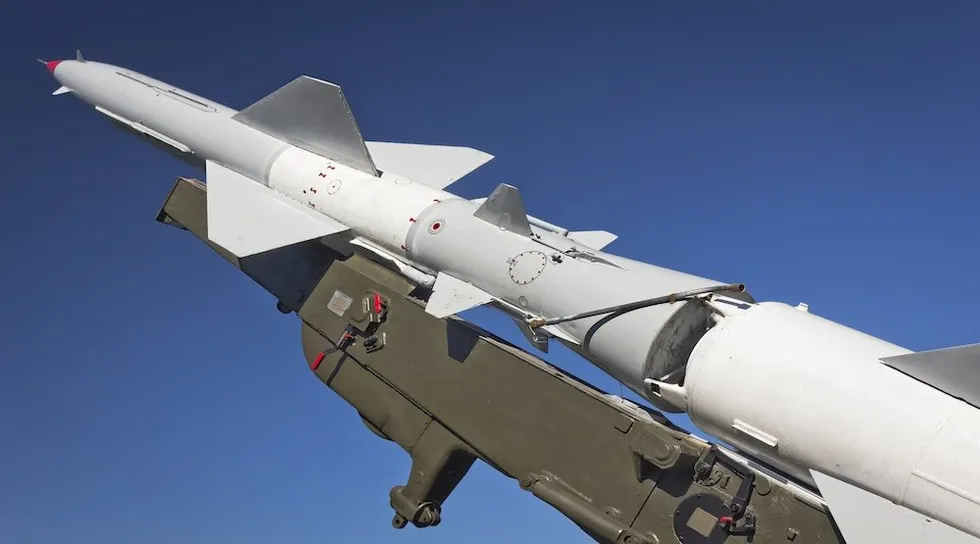 Photo by ewg3D via Getty Images
Photo by ewg3D via Getty Images
America First with guile
The SCO summit was more than a photo op. It was a signal. That signal is this: The old rules-based order isn’t binding any more. The future isn’t unipolar; it’s multipolar and won’t be built only on Western terms.
This is not a call for appeasement. It’s a call to engage with these ancient empires by leveraging our strengths with strategic humility and guile.
America First must deal from strength and with awareness that it no longer holds all the cards. President Trump knows how to read a room. He now needs to read a world where the emperors are back. And this time, together, they’re working on a plan.
Originally Published at Daily Wire, Daily Signal, or The Blaze
What's Your Reaction?
 Like
0
Like
0
 Dislike
0
Dislike
0
 Love
0
Love
0
 Funny
0
Funny
0
 Angry
0
Angry
0
 Sad
0
Sad
0
 Wow
0
Wow
0
